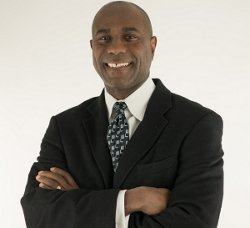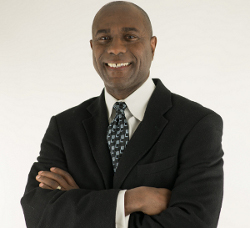As we approach Mother’s Day this coming Sunday, many mothers will receive flowers, cards, gifts, dinner invitations and other expressions of love from their family members. It’s a time to celebrate and show appreciation. Mom always knows best and through her nurturing and care, she taught many of us about the importance of helping others, especially those in need. So as we seek to thank mom on this special day, also consider the option of contributing to charity to honor her and demonstrate that her lessons on philanthropy were heartfelt.
Below are several BBB Accredited Charities (i.e., meets the 20 BBB Standards for Charity Accountability) that reference mother in their names:
Every Mother Counts (a BBB Accredited Charity) that works to inform, engage, and mobilize audiences to take actions and raise funds that support maternal health programs around the world. The organization reports that since 2010 it has sought to raise public awareness of maternal health through storytelling, filmmaking and research. It also invests in community-based programs seeking to improve quality maternity care. Several years ago, the organization introduced the orange rose as a symbol of maternal health and launched its first orange rose campaign.
Mothers Against Drunk Driving (a BBB Accredited Charity) works to protect families from drunk driving and underage drinking. The organization reports that the Campaign to Eliminate Drunk Driving aims to end this danger on Americas roads, and that PowerTalk 21 is a national day for parents to talk with their kids about alcohol. Bereaved families and injured survivors can call MADD’s 24-hour victim help line to reach a victim advocate.
mothers2mother International (a BBB Accredited Charity) works with governments, local partners and communities to provide comprehensive support to HIV-positive pregnant women and new mothers in sub-Saharan Africa. The organization’s Mentor Mother program trains and employs HIV-positive mothers as frontline healthcare workers to help women access essential services and medical care by promoting HIV counseling, testing, and reducing the stigma about HIV through peer support.
There are many other charitable organizations engaged in addressing issues of concern impacting mothers. We encourage you to consider them as well and, as always, remind donors to seek out charities that meet the BBB Charity Standards.
Video of the Week
As part of our Building Trust Video Series, we are pleased to provide a video featuring Jeff Eastman, Chief Executive President, Remote Area Medical (a BBB Accredited Charity) which operates mobile medical clinics throughout the world, with the majority occurring in the United States. At the organization’s mobile medical clinics, licensed volunteer practitioners treat patients by providing dental, vision, and medical services. RAM operates one to five-day clinics, with the majority being two-day clinics. In 2017, the organization reports that it delivered $13,000,000 in free care to more than 41,000 individuals.
Recent Reports
We are always working with charities to publish or update reports for donors. Visit Give.org or local BBBs to check out any charity before giving. Our recently evaluated charities include:
Finally, remember to let us know by going to www.give.org/charity-inquiry if you are interested in seeing a report on a charity not on the list and we will do our best to produce one.
H. Art Taylor, President & CEO
BBB Wise Giving Alliance







 We are all indeed “entitled to our opinions” as the popular phrase goes
but all speech is not created equal. For example, saying something is trusted can be meaningless if context is not provided.
We are all indeed “entitled to our opinions” as the popular phrase goes
but all speech is not created equal. For example, saying something is trusted can be meaningless if context is not provided. 


